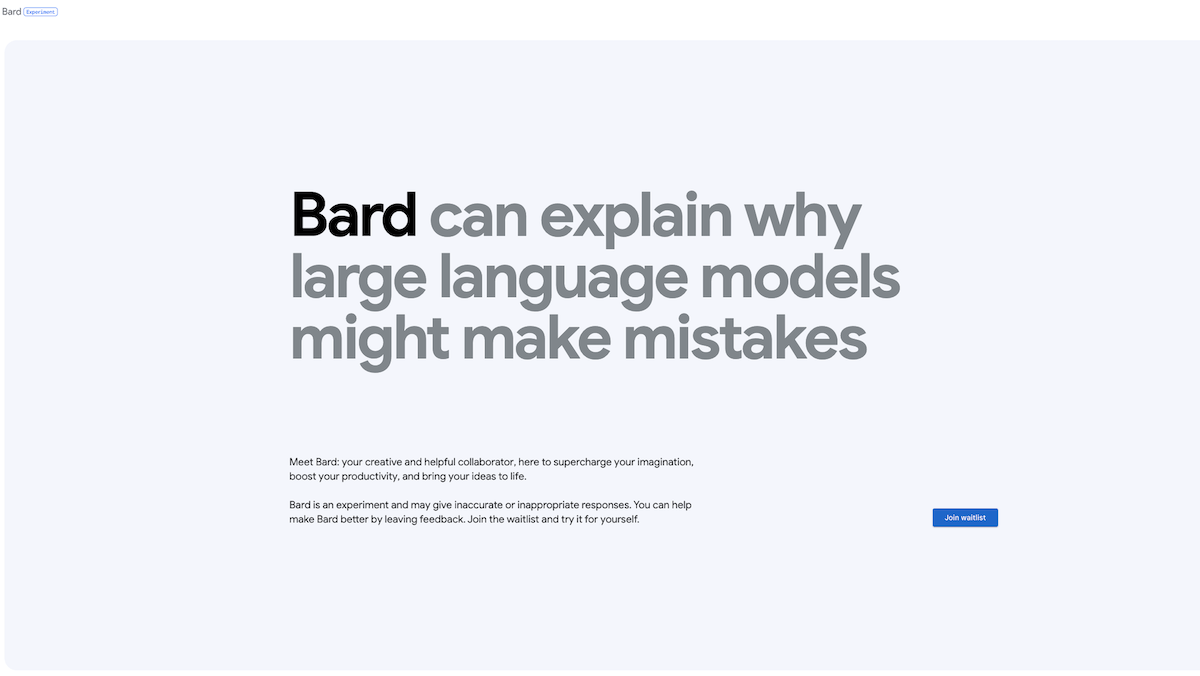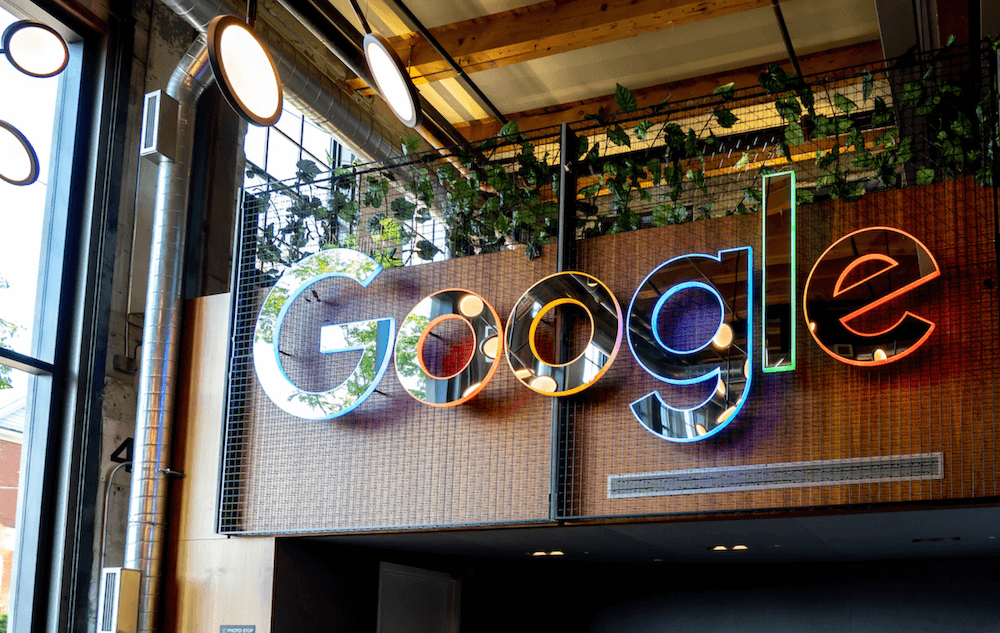Google, one of the world’s largest tech giants, has recently launched a new project called “Magi” that aims to revolutionize the search experience for users. This project is significant because it could give Google the edge they need against competitors in the AI industry, like Chat GPT, Microsoft Bing and others.
With the launch of ChatGPT-powered Bing, Google faces increased competition in the world of AI-powered search. Recent reports suggest that Samsung is considering making Bing the default search engine on its Galaxy devices, potentially replacing Google. In response, Google is racing to enhance its search engine with AI features through Project Magi. This news has reportedly caused concern at Google, as they currently receive $3 billion annually from Samsung as their default search engine.
Will the launch of Magi help Google keep its position as the leader in search? Keep reading to see what you can expect to see in the coming months from Google’s new AI.
What is Project Magi?


Google’s new project (under the codename “Magi”) is an advanced search engine that uses artificial intelligence and machine learning algorithms to provide users with more personalized and accurate search results. Magi’s technology will analyze vast amounts of data, identify patterns and deliver relevant information to users in real-time. Essentially this project will combine Google Search and AI in order to produce better search results for users and compete with other AI rivals.
According to Google, Magi’s technology uses neural networks (a type of machine learning process called “deep learning” that uses interconnected nodes or neurons in a layered structure that resembles the human brain.) to understand the context of a user’s query and provide results that are more specific to their needs. The neural networks can learn from the user’s search history, behavior and preferences, creating a more personalized search experience.
How Will Users Benefit From Project Magi?


One of the most significant and highly anticipated benefits of Google’s new project, Magi, is its ability to provide users with a more accurate and personalized search experience. Magi’s technology will reportedly improve information retrieval and make the search process more efficient so users can find what they are looking for more quickly.
Magi will have the ability to make highly personalized recommendations to users based on their search history and behavior. For example, let’s say you’re an e-commerce website. With the help of Magi’s technology, users can be recommended products that are most likely to align with their needs based on their interests and preferences.
With Google’s project Magi’s AI advancements on the way, we’re anticipating how these new capabilities will bring alterations, improvements and new norms to industries and their given verticals across the board. How will things like healthcare, business applications, education and more evolve after Magi’s arrival? For instance, how will Magi’s efficient information retrieval enhance online learning experiences? Project Magi’s arrival could reshape how industries and verticals leverage AI-powered search technology for improved outcomes worldwide.
Will Google’s New AI Sink or Swim? Will Users Be Protected?
As Google prepares to unveil Project Magi, users have not yet forgotten the underwhelming release of their AI-powered chatbot, Bard (released in March of 2023). Bard, a conversational search engine utilizing AI, set out to deliver personalized user experiences, failing to compete with Chat GPT and meet user expectations. With this in mind, some are naturally questioning if Project Magi will be any different and if it will surpass Bard as a true AI competitor and leader.
Additionally, it’s important to consider the potential impact of Magi on AI security, misinformation and hate speech risks. As AI technology advances, the risks associated with it also increase. Misinformation and hate speech are already significant concerns on social media platforms, and search engines are not immune to these issues. With Magi’s advanced capabilities, Google must take measures to address these concerns and minimize the negative consequences that could arise from the misuse of this new technology. Ultimately, it will be up to Google to ensure that Project Magi’s impact on the search industry is done in a way that protects users and remains primarily positive.

How Project Magi’s AI Advancements Could Revolutionize the Future of Search

The implications of Google’s Project Magi on the future of AI and search technology are significant. With its advanced AI and machine learning algorithms, Magi has the potential to revolutionize search and personalized recommendations. Its introduction to the market could lead to further innovation and advancements in the field, with other companies responding by developing similar technologies to compete.
As other companies in the industry respond to Project Magi, we may see an increase in competition, sparking further advancements in AI and search technology. This could lead to the emergence of new players in the market and a more significant investment in AI research and development. Furthermore, as more companies adopt AI technology, we could see a shift toward a more personalized and efficient digital experience for users.
Will Google’s Project Magi Transform Search as We Know It?

As we eagerly await the official launch of Project Magi, we can anticipate its impact on the search industry and how it will shape the future of personalized search for years to come. It has the potential to provide users with more personalized and efficient search results and could lead to further innovation and competition in AI. However, as with any new technology, some potential risks and concerns must be addressed to ensure user safety and privacy.
As for when you can expect Google to debut project Magi, it’s rumored that they will publicly launch Magi at their annual Google i/O developers conference in May. The AI-powered search engine will initially be available to about one million users in the United States and is expected to support up to 30 million users by the end of 2023.






